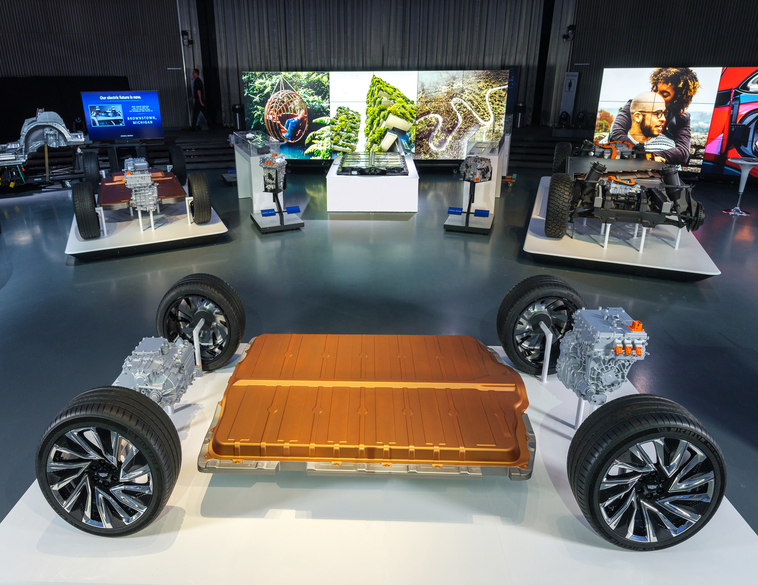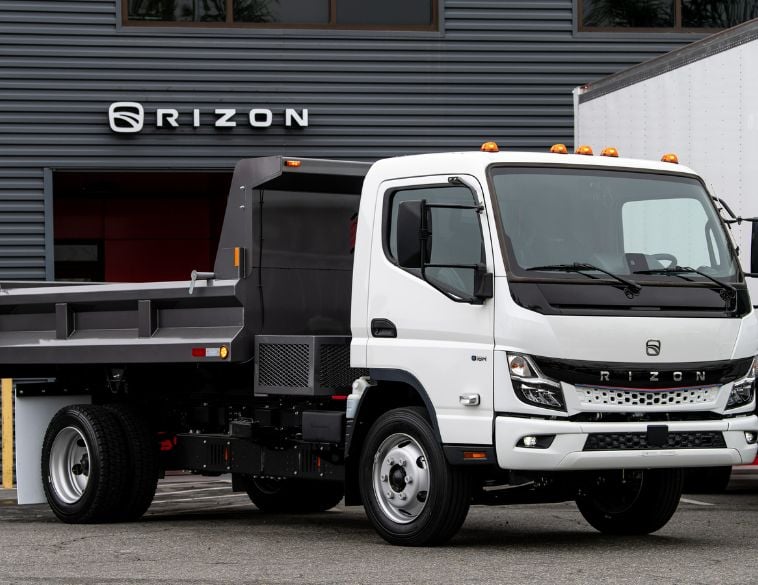Many aspects must be considered at different levels of the supply chain to bring mass EV adoption to Canada.
In May, Natural Resources Canada, in conjunction with The Mining Association of Canada and the Prospectors & Developers Association of Canada; hosted the 2021 Mineral Outlook Dialogue online webinar.
Taking place over five days (May 10-14) it included discussions on a wide range of topics including Mineral Commodities Markets Analysis; Mining and Environmental, Social and Governance, the Canadian Minerals and Metals Plan and Federal priorities supporting the Minerals and Metals sector.
Perhaps of biggest interest to those of us in the automotive space was the “Battery Electric Vehicles and the Circular Economic” session.
Mass adoption
One of the most discussed topics related to transportation in recent times is the idea of mass adoption of battery electric vehicles and what that means for the broader economy.
In terms of policy objectives, such as building upon the 2030 Climate Plan priority for establishing an up and downstream supply chain for EVs in Canada, there are several things to consider.
A panel discussion for this webinar included representatives from the natural resource, mining, policy and transportation sectors. Sarah Petrevan, Policy Director, Clean Energy Canada, said that for Canada to be competitive in the EV manufacturing and supply chain area, it needs to focus primarily on sustainable practices, extracting and producing minerals in the most ethically and environmentally friendly way responsible.
Mid-stream
She also noted that in terms of value generation, the mid-stream supply chain is where she sees Canada really adding value, such as refining and turning raw materials into cathodes and anodes for battery cell production.
A.J. Nichols; Director, Corporate Affairs, Base Metals, Vale Integrated Mining, noted that while the COVID-19 pandemic has had a widespread impact on both society and global supply chains, it’s also caused a shift in the way we look at supply chains and also industrial policy.
A shift towards more sustainable practices is taking place and while there have been some big announcements regarding carbon reduction and NetZero—actually getting there requires some serious investment and overcoming major challenges, which could take years to implement.
Nichols did say, however, that there are existing Environmental and Social Governance credentials that Canadian industry can build upon, but expectations as to what is achievable and when need to be realistic.
Change in climate
On the transportation side as it relates to EVs, a change in the political climate in Washington D.C. as a result of a new Presidential Administration, appears to be helping the cause for EV technological advancement and that applies not only to the U.S. but also to Canada as well.
To make it viable, however, requires investment not just from OEMs but also suppliers in both countries, as Warren Ali Senior Vice President, Innovation, Auto Parts Manufacturers Association (APMA) noted.
Brian Kingston, President & CEO at the Canadian Vehicle Manufacturers Association (CVMA) said that despite COVID-19, recent [and major] investment from automakers in Canada, including Ford and General Motors is very encouraging and of the some $5.7 billion being invested, approximately $4.3 of that is being geared toward EV development.
Benchmarking and cohesion
Kingston noted that to be successful, Canada must not only benchmark itself against some of the most competitive jurisdictions in the world when it comes to new auto investment but there needs to be cohesion between the federal, provincial and municipal levels of government regarding policy issues.
So that not only are proposed climate and emissions reduction targets met, they are done in such a way to bring the necessary amount of business investment needed into Canada and not at the expense of it.
Getting back to raw materials, A.J. Nichols noted that to ensure sustainable, practical EV transportation solutions and battery manufacturing will also require investment in the upstream part of the supply chain, including the mining of nickel and copper other rare metals and critical minerals required.
Jean-Francois Beland, Vice President, Ressources Quebec, said that it was important to emphasize the value aspect of the supply chain. To meet EV targets, it was necessary to develop sufficient battery manufacturing capacity here in Canada to meet EV targets support the OEMs.



